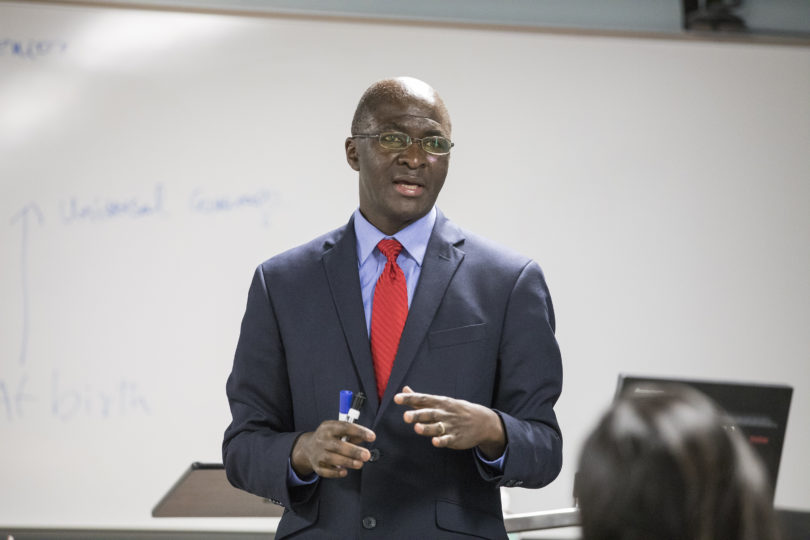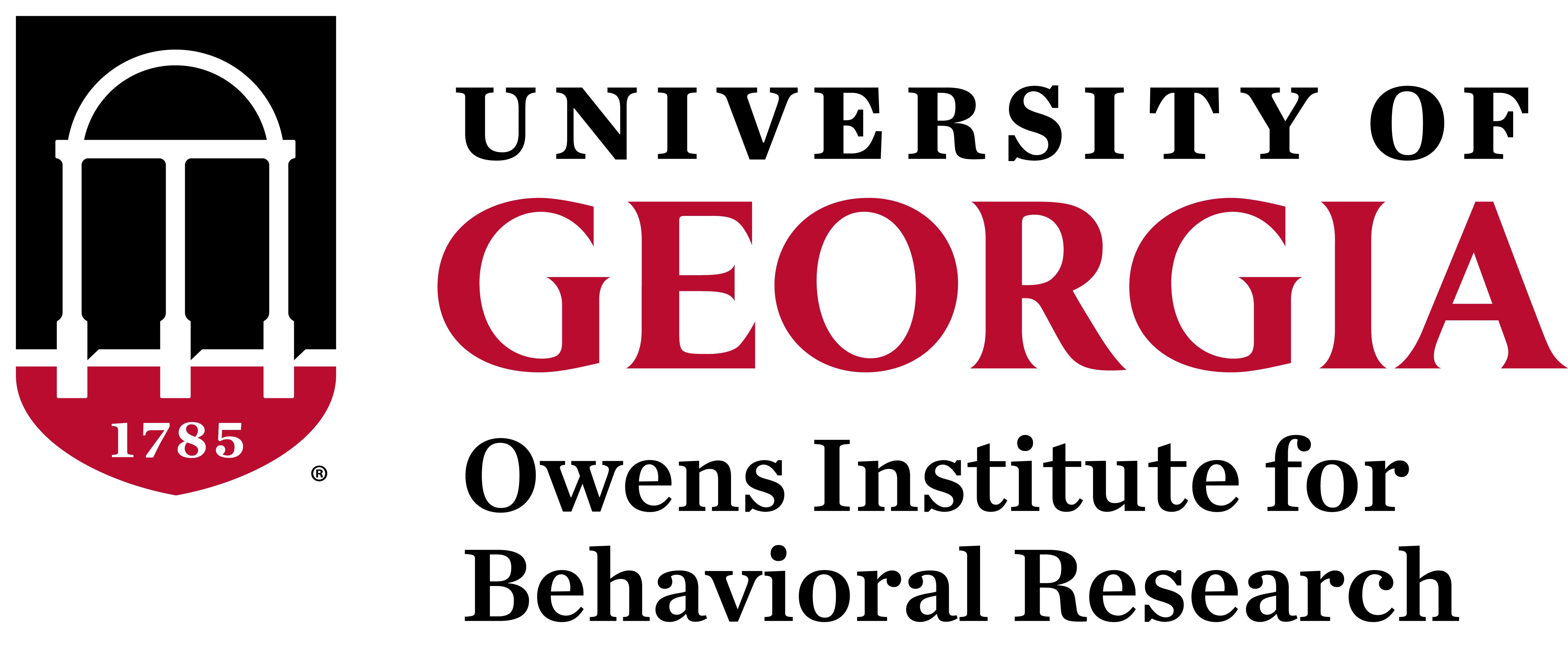Shining a Spotlight on the Hidden World of Human Trafficking

“People don’t realize that there’s trafficking in Athens, in Atlanta, in the U.S. It’s not something people talk a lot about in this country,” said David Okech, OIBR Fellow and Associate Professor in the School of Social Work.
Dr. Okech, along with the UGA-founded international consortium Africa Programming and Research Initiative to End Slavery (APRIES), recently received a $15.75 million grant from the U.S. Department of State, Office to Monitor and Combat Trafficking in Persons, to study how, why and how frequently trafficking occurs in West Africa.
Experts estimate there are tens of millions of people trapped in what they call modern slavery. The U.S. Department of State defines trafficking as an umbrella term that encompasses both sex trafficking and forced labor. That’s something Okech wants to change.
“In addition to strengthening current anti-trafficking efforts, the goal of APRIES is to build a global community of researchers and learners in the science of estimating human trafficking prevalence,” said Okech.
The grant scales up a $4 million grant Okech previously received to collect data on the prevalence of human trafficking in parts of Sierra Leone and Guinea, and enables Okech’s team to study the prevalence of trafficking in Senegal as well. The grant also gives organizations sorely needed funding to implement preventive programs and provide support to trafficking survivors. The grant will also launch a first-of-its-kind forum that will enlist scholars around the world to test and develop the best ways to estimate the prevalence of human trafficking.
“We need the numbers,” said Okech. “I don’t want to be told that it’s 1 million or it’s 10 million. We need a more accurate estimate so that our programming and policy work is commensurate to the problem.”
Other investigators on the project are Jody Clay-Warner, UGA Josiah Meigs Distinguished Teaching Professor of Sociology and Associate DIrector for the Owens Institute for Behavioral Research. Also on the team is Tamora Callands, assistant professor of health promotion and behavior, UGA College of Public Health, and Alex Balch, professor of politics, University of Liverpool. Lydia Aletraris, Ph.D., will serve as project coordinator for the Prevalence Reduction Innovation Forum. Claire Bolton, Ph.D., will serve as program manager of APRIES.
Read more about this research project. For more information about APRIES, visit apries.uga.edu.
